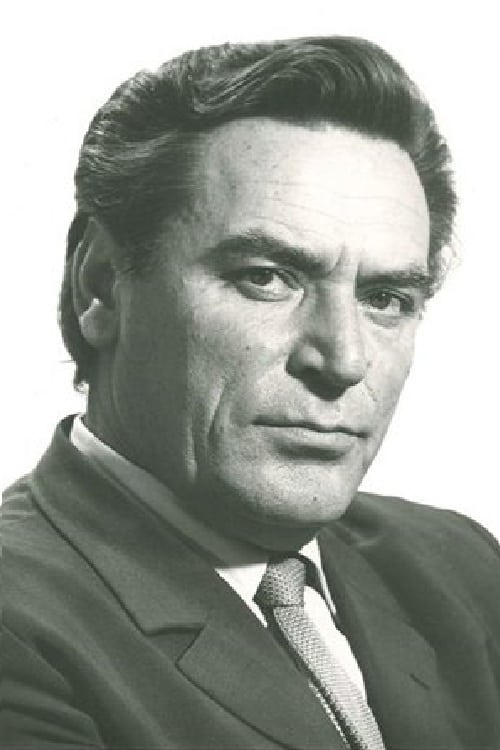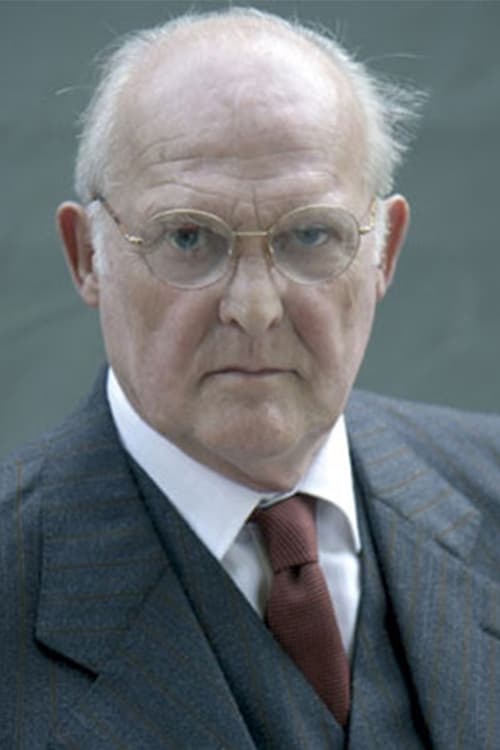Real Pests! (1977)
ジャンル : コメディ
上映時間 : 1時間 36分
演出 : Jože Bevc
シノプシス
In Ljubljana lives a bus driver Stebe. He's a widower. He lives with five sons and a maid Rozi. The boys are very naughty and keep annoying Rozi and, in fact all neighbourhood. One day Rozi in desperation declares that she is leaving them, because she cant stand it no more. And she does leave, although she is fond of the boys. Soon afterwards Rozi's niece Meri comes by, asking if she might stay because she wants to find herself a job in town. Meri is good girl but cannot cope with the kitchen work as successfully as her aunt. But the whole Steb family seems to be charmed by her. Even one of Stebe's own colleagues, Tone, begins to take interest in the girl. Meri likes him too. Stebe's boys feel quite disappointed because of it. But all's well that ends well: in full conspiracy Meri qualifies as bus driver while Rozi returns to the Stebe family.
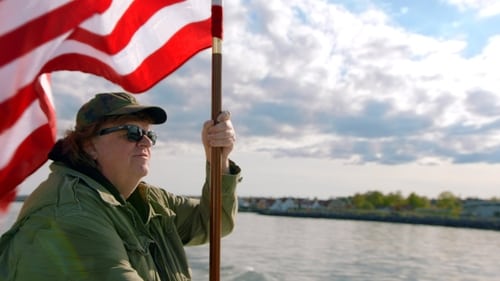
To understand firsthand what the United States of America can learn from other nations, Michael Moore playfully “invades” some to see what they have to offer.

Charlie, the protagonist of the Slovenian film “Porno Film”, is so dedicated to his porn viewing that his two friends John and Frank jokes that he must have a PhD in pornography by now. Using Charlie’s extensive knowledge of all things porn, the trio sets out to make the “first real Slovenia porn film”, in Slovenian language and everything — except the women in the film are emigrated Russian hookers, and their Slovenian isn’t very good.

Two boys, Kekec and Rozle, come to serve a farmer, with a blind daughter Mojca, as shepherds. As the night falls, the two boys start talking about a woman who lives in the mountains and is supposed to steal children. Her name is Pehta. In the morning, Kekec, Rozle and Mojca go to an Alpine cottage and Kekec promises Mojca that he will find her a remedy for her eyes. As the girl is picking flowers, Pehta arrives and takes Mojca into her cottage. She wants to keep Mojca because of her singing.
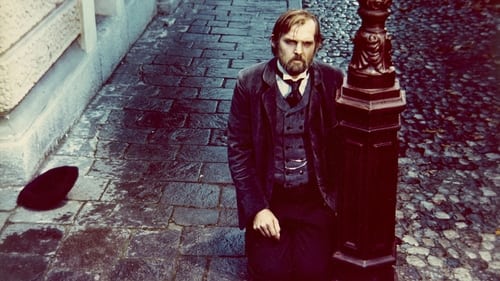
The movie based upon the classical Slovene novel Martin Kačur, depicts the clash between the teacher Martin Kačur and his conservative environment. Due to his progressive ideas, he is transferred to a small town. The village environment is even more depressing than his former surroundings were, as the influence of both the secular and the Church authorities is even greater in the country. Even though Martin meets Tončka and the two of them get married, he gradually becomes a disillusioned and embittered man. In time, when society's strictures become somewhat milder, Martin is transferred to a more friendly environment, but all the injustices he has experienced have already bitten too deep. Unlike his wife, Martin finds it very difficult to accept changes. When his son dies, it seems as though he has lost all his elan and the will to live. Will he be able to go on bringing the light of knowledge to the ignorant masses, or will his ideals be buried forever like a man in a snowdrift?

After being fired, a young car mechanic Đuro gets recommendation to look for another job in a remote village. His new boss is warm, old fashioned and naive - completely opposite from the world he's coming from. The peaceful atmosphere is shaken when Đuro falls for a regular customer's wife.

A story about a couple from the bottom of the social ladder, about smuggling refugees across borders and other 'suspect' things- it is, first and foremost, an attempt to tell a story about the worst in people, wherever they may be coming from.

In Ljubljana lives a bus driver Stebe. He's a widower. He lives with five sons and a maid Rozi. The boys are very naughty and keep annoying Rozi and, in fact all neighbourhood. One day Rozi in desperation declares that she is leaving them, because she cant stand it no more. And she does leave, although she is fond of the boys. Soon afterwards Rozi's niece Meri comes by, asking if she might stay because she wants to find herself a job in town. Meri is good girl but cannot cope with the kitchen work as successfully as her aunt. But the whole Steb family seems to be charmed by her. Even one of Stebe's own colleagues, Tone, begins to take interest in the girl. Meri likes him too. Stebe's boys feel quite disappointed because of it. But all's well that ends well: in full conspiracy Meri qualifies as bus driver while Rozi returns to the Stebe family.
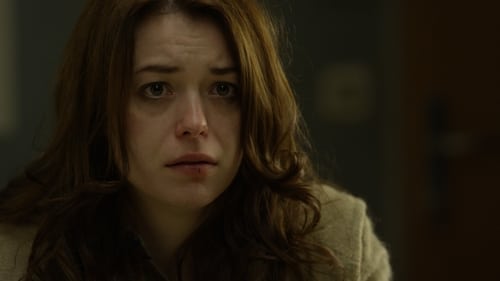
Young lawyer Rebeka is given a case involving the murder of a production designer, and the main suspect is her childhood friend Jana. What first seems like a very straightforward case gradually reveals the dark sides, mysterious depths and stray ways of human nature.

Laibach is a Slovenian avant-garde music group associated with industrial, martial, and neo-classical musical styles. They formed on June 1, 1980 in Trbovlje, Slovenia (then Yugoslavia). Laibach represents the music wing of the Neue Slowenische Kunst (NSK) art collective, of which it was a founding member in 1984. The name "Laibach" is the German name for Slovenia's capital city, Ljubljana.

Set in a Slovenian coastal town in WW2, the film tells a story about villagers who help partisans to get rid of Italian, and later German authorities that ruled the town in the last years of occupation.

1905 short film showing people walking down a Ljutomer street after mass.

Tasmania, 1954: Slovenian migrant Melita abandons her husband and young daughter, Sonja. Sonja's distraught father perseveres with his new life in a new country, but he is soon crushed into an alcoholic despair, and Sonja herself abandons him at the earliest opportunity. Now, nearly 20 years later, a single and pregnant Sonja returns to Tasmania's highlands and to her father in an attempt to put the pieces of her life back together.

In 2009, a group of military enthusiasts led by the commander France (Gojmir Lešnjak - Gojc) decides to occupy Trieste. The group that stages battles performs it at a completely fictional location. However, this hobby is not to the liking of France's wife Marija (Silva Čušin) and his daughter Mateja (Anja Drnovšek). The daughter as a representative of the young generation has no understanding of her father's enthusiasm for partisans, battles and Tito. France is also confronted by the Slovenian police led by the commander Brane (Dario Varga) as Brane forbids France to stage any more battles ... Will the young generation accept our history and will Trieste be ours?

Špela graduated in Art History and has never had a steady job. Unlike her two best friends, who have moved out of Slovenia years ago with no plans to return, she is determined to stay in Ljubljana. When even her longtime boyfriend gets a job abroad she moves back in with her parents and her grandma. But Špela wants to grow up and cut the cord instead of delaying her already well overdue adulthood any longer.

One weird but at the same time very difficult and sad story about the Bosnians, the temporary workers in Slovenia. Their survival and the constant demand for a better place under the sun. It also movie speaks of the great longtime animosity between Bosnians and Slovenians.

Eva is a widow bored with life, with her job as an architect, with her younger lover, and with her two teenage offspring. She is eventually assigned the job of redesigning the cells of a new prison, but even when her enthusiasm returns a little with the assignment, she is discouraged by the pseudo-intellectual stance of the prison warden and a non-communicative visit to her father. In an act of desperation, she steals some money and a gun - and fully intends to use them both.

On the surface a straightforward tale of the search for a buried treasure, the film is a textbook example of German expressionism, with the passions of the protagonists conveyed as much through symbolism as action.

Old man Repovz recalls experiences of the WWII in an entertaining, comic way rather than tragic. A man breaks his arm to avoid being drafted; the other man shoots fire to scare enemy soldiers; love stories, as well as troubles with forced collectivization took place there. A partisan hero finds out that he lost her fiancee, but somewhat cheers up when his white horse comes back to him...

The life of a man who dared to unfold the corruption and mismanagement in his factory takes a wrong turn as his marriage ends, his lover leaves him and he finds himself in a psychiatric hospital. After completing his stay in this mental institution, the gates of the factory are now closed for him. Will he be forced to apologize, or blood must be shed?

Codelli is a feature-length docudrama about a little-known film project by Slovenian inventor Baron Anton Codelli. Together with filmmaker and adventurer Hans Schomburgk he filmed in Togo in 1914 the first live-action film in Africa, which possibly inspired James Rice Burroughs for his novel on Tarzan. In the company of three Codelli’s descendants and actor Primož Bezjak, we traced the fate of Codelli’s film, brought the remains from Togo and Berlin to Ljubljana and used the Green Screen technology to bring to life 15 live-action scenes based on 600 Codelli’s museum photographs.

